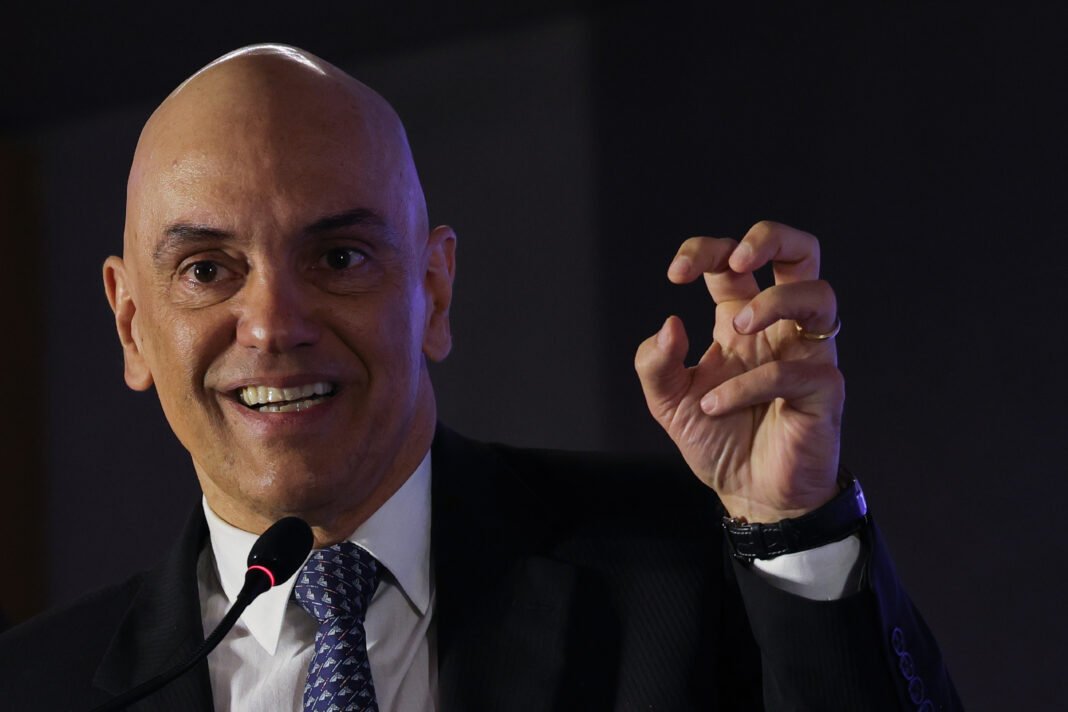Supreme Court Justice Minister Alexandre de Moraes decided to suspend X, former Twitter, throughout the country. The decision was then ratified by the court’s First Chamber. Moraes’ decision was made after Musk broke the law and left the company without a representative in Brazil. The tendency is for the majority of the panel to confirm the block.
This Content Is Only For Subscribers
To unlock this content, subscribe to INTERLIRA Reports.
Institutional Response
The STF sees the case as an institutional response to anyone who wants to disrespect Brazilian law – regardless of the person’s economic power and influence. The Court is unanimous in its assessment that Elon Musk cannot break the law and avoid consequences. Neither can Musk, nor anyone else.
Disagreement Among Jurists
What causes disagreements and criticism among jurists is another decision by Moraes in the same case, the blocking of accounts of Starlink, another of Musk’s companies, to pay X’s fines in Brazil.
Suspension of X
The restriction on the operation of X in Brazil is valid until the platform pays the fines determined for non-compliance with the court order (which total, so far, R$18.35 million) and appoints a legal representative in the country. Since April, Elon Musk, owner of X, has failed to comply with several orders from Minister Alexandre de Moraes to block accounts of those investigated by the STF, accused of affronting democracy and Brazilian legislation.
Freedom of Speech
In the decision on Friday (30), the minister said that the social network threatened the court with contempt and decided to publish messages inciting hatred against it. Moraes also stated that Elon Musk confuses freedom of expression with non-existent freedom of aggression and deliberately confuses censorship with the constitutional prohibition of hate speech and incitement to anti-democratic acts.
Lira’s Defense
Businessman Elon Musk thanked the president of the Chamber of Deputies, Arthur Lira (PP-AL), on Sunday (1st) for publicly questioning the blocking of Starlink’s bank accounts in Brazil. Owner of Starlink and X, he used his network to post a video from the Metrópoles portal with part of Lira’s statement on the subject.The deputy’s speech was made at an event in São Paulo, on Saturday (31). According to Lira, he is concerned about Brazilian legal security. And that X and Starlink would be two different legal entities.
Demonstration
The blocking of X fuels a demonstration scheduled for 7 September, on Paulista Avenue. The event has been called by the opposition. The demonstration’s main motivation is to request Minister Moraes’ impeachment and protest what they call “arbitrary decisions”.
European Union
Elon Musk’s social network X has been the target of restrictions or investigations by 37 countries since 2015, according to Verdict, a brand owned by the consultancy GlobalData. The European Union has opened an investigation into X, Meta, and TikTok for violating the Digital Services Act.
United Kingdom
Musk has also clashed with English authorities in the context of far-right protests that attacked immigrant homes and businesses after a fake news story linked murders to immigrants. On the subject, Musk commented that a civil war is inevitable in the European country. The UK’s Justice Minister, Heidi Alexander, criticized the businessman, calling his comments “unacceptable”, reigniting the debate and demands for the application of rules for digital platforms. The social network X has been accused of promoting anti-immigrant content on the internet, which would have fueled far-right violence.
Analysis:
The recent decision by Supreme Court Justice Minister Alexandre de Moraes to block the social network X (formerly Twitter) in Brazil reflects the broader tensions between the judiciary and key political figures. Moraes’ move is a clear assertion of the judiciary’s power to enforce Brazilian law, even against influential global figures like Elon Musk. This situation mirrors the ongoing political polarization in Brazil, where actions by the judiciary are often perceived through the lens of political allegiance.
Arthur Lira, President of the Chamber of Deputies, has openly questioned the decision, signaling concerns about legal security in Brazil and illustrating the friction between the government. The blocking of X has also intensified the existing divide between supporters of former President Bolsonaro and those aligned with the current administration. Bolsonaro and his allies frame this judicial intervention as an attack on freedom, further fueling the narrative of resistance against what they portray as an overreaching judiciary.
This clash highlights the delicate balance between regulating powerful tech companies and protecting freedom of expression, a critical issue in the current Brazilian political landscape. As the situation evolves, it could have significant implications for the relationship between the judiciary and other branches of government and even relevant groups of society.
Sources: G1 [1], [2], [3], [4]; A Folha de SP [1], [2], [3]; Agência Brasil.




